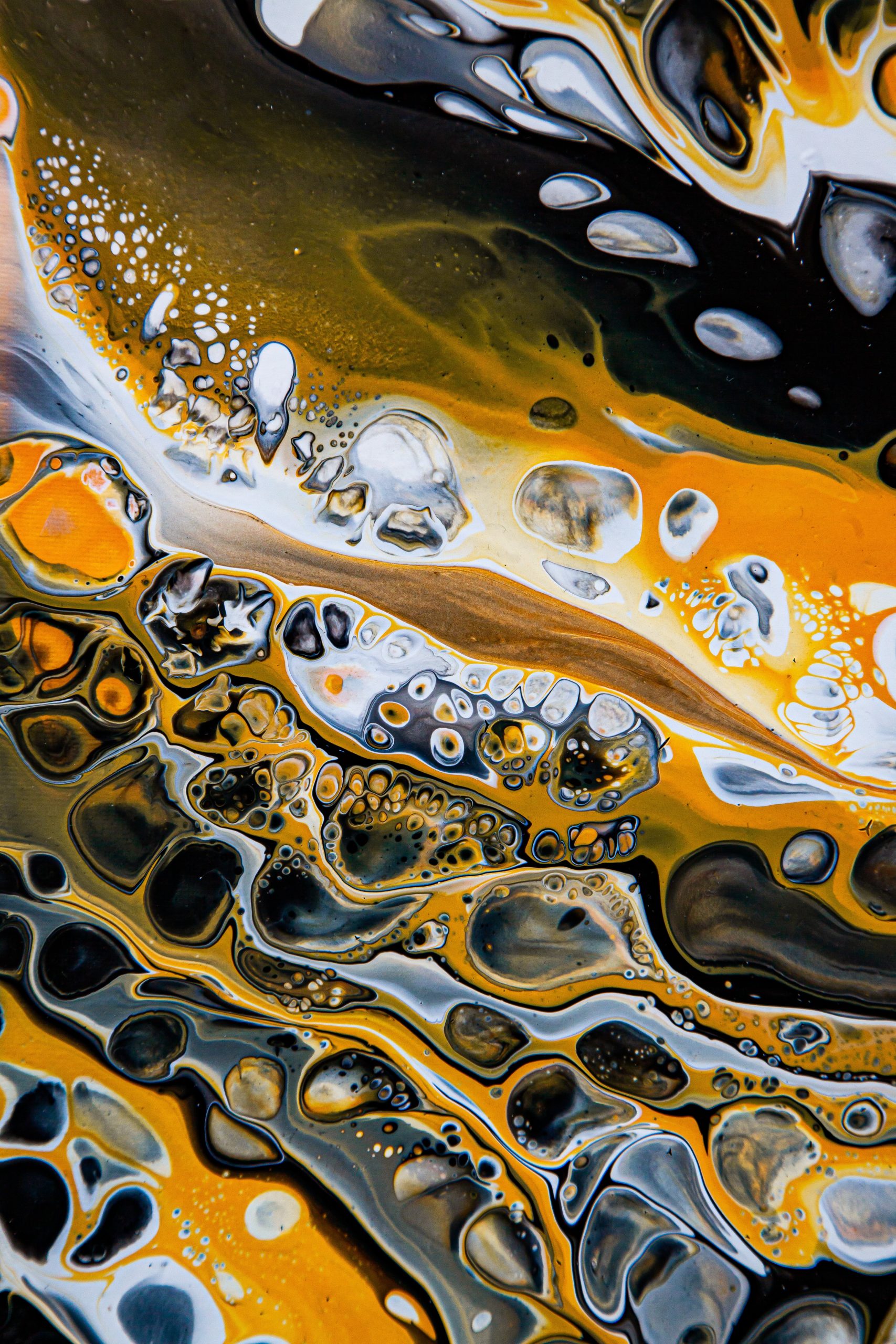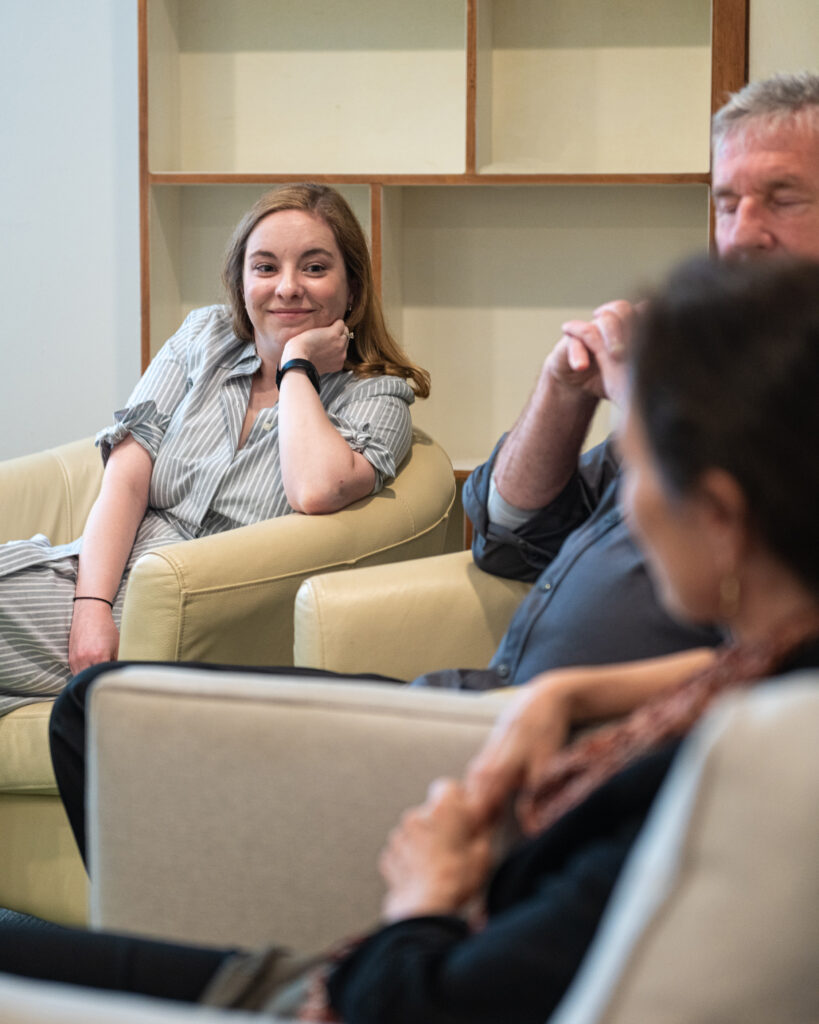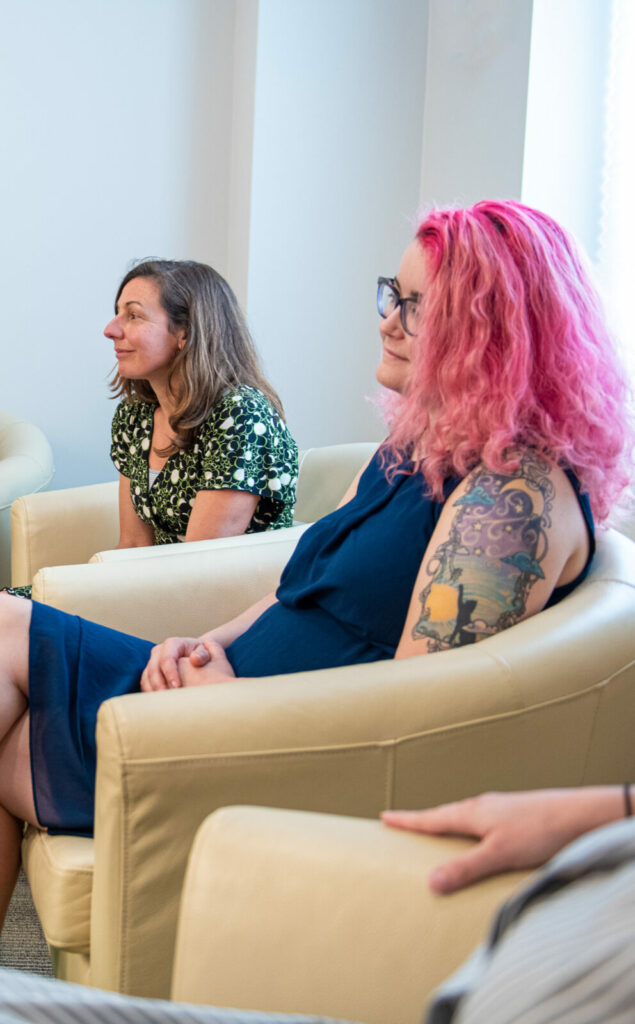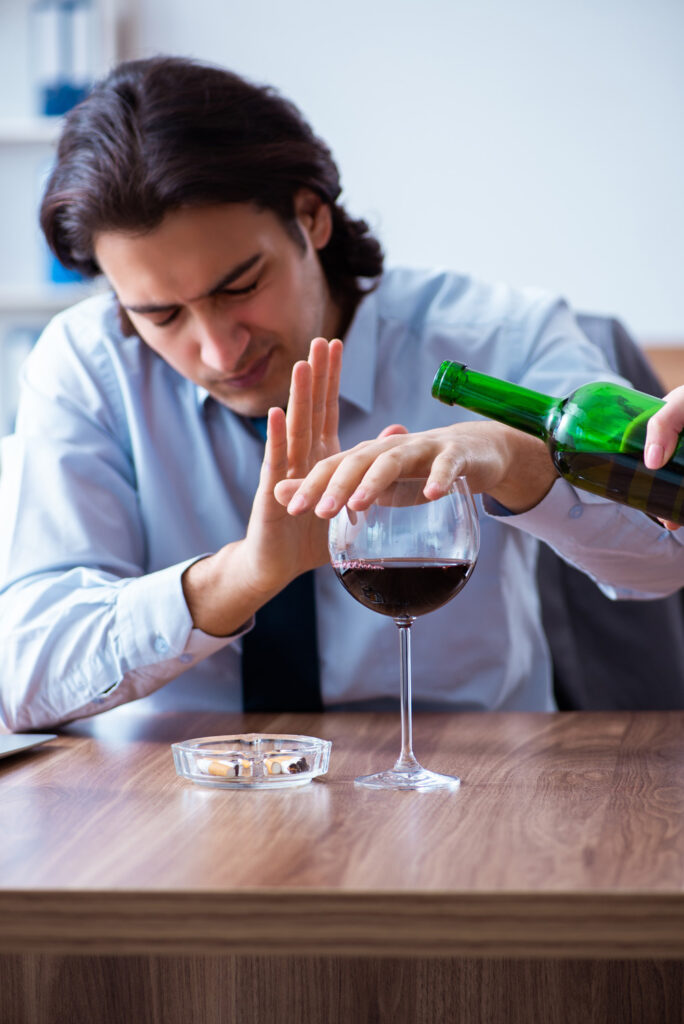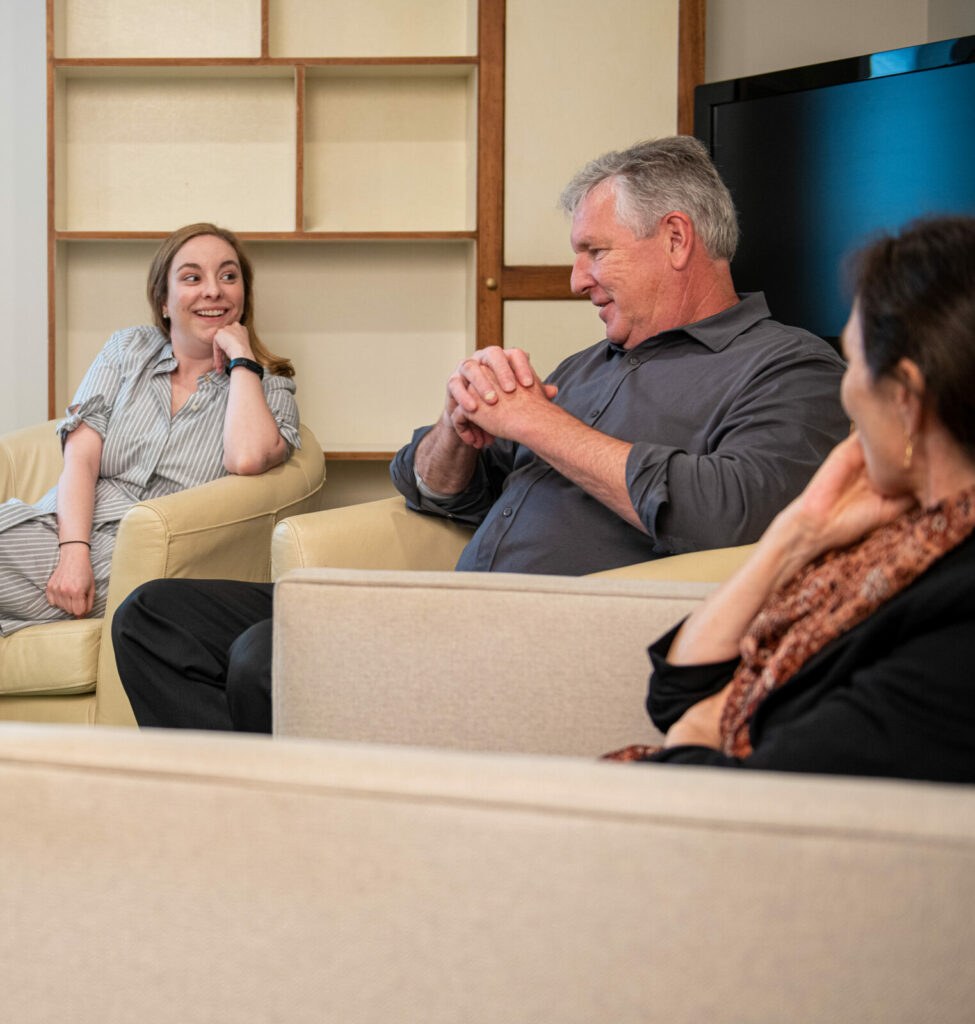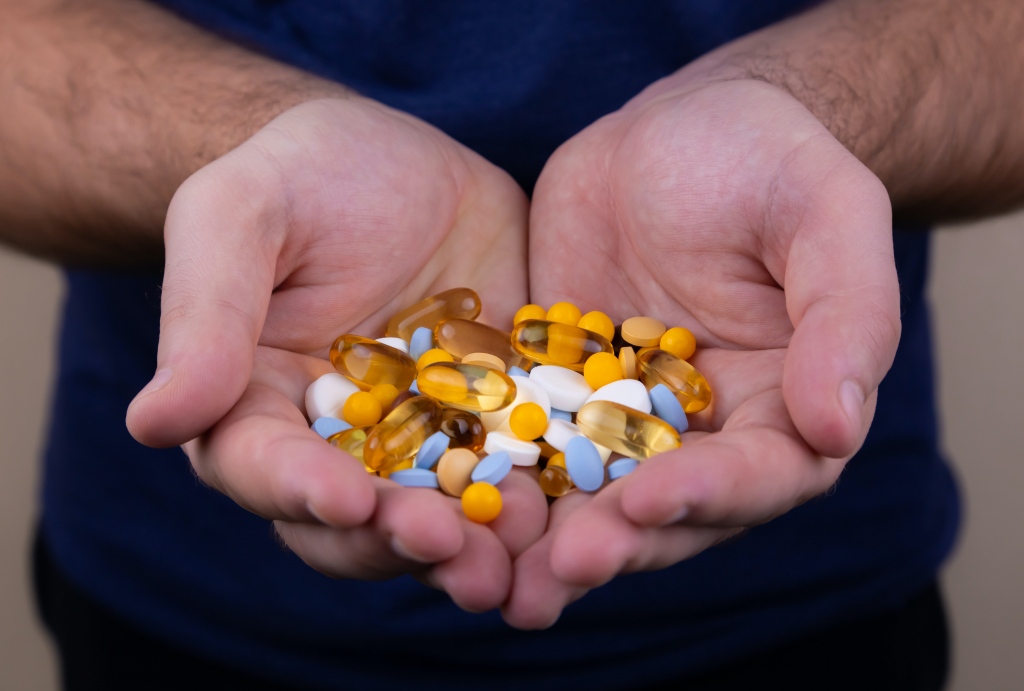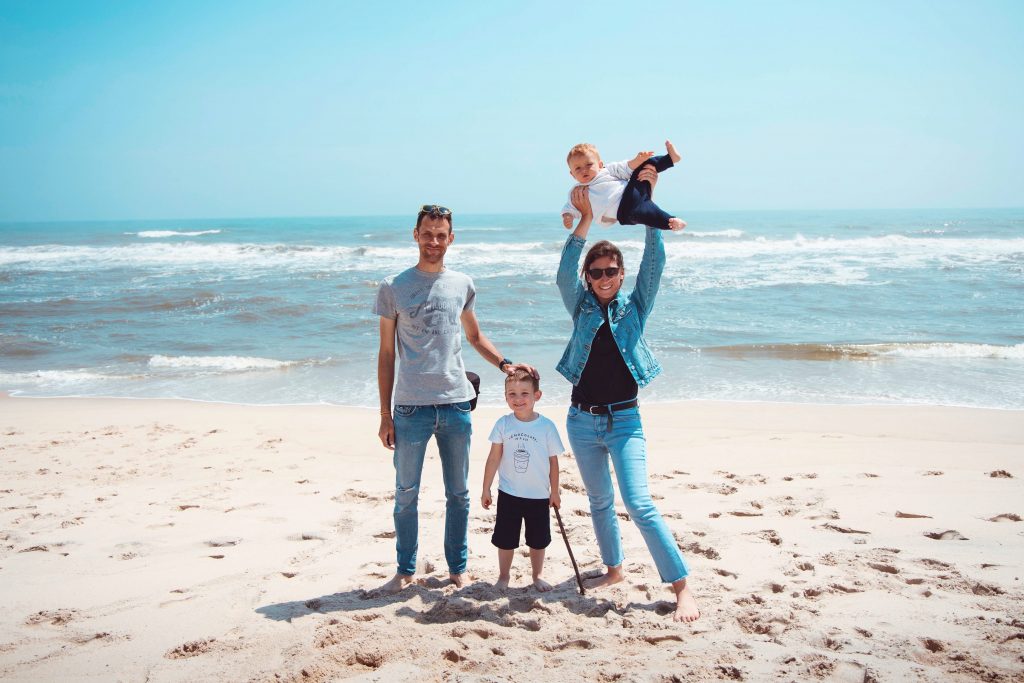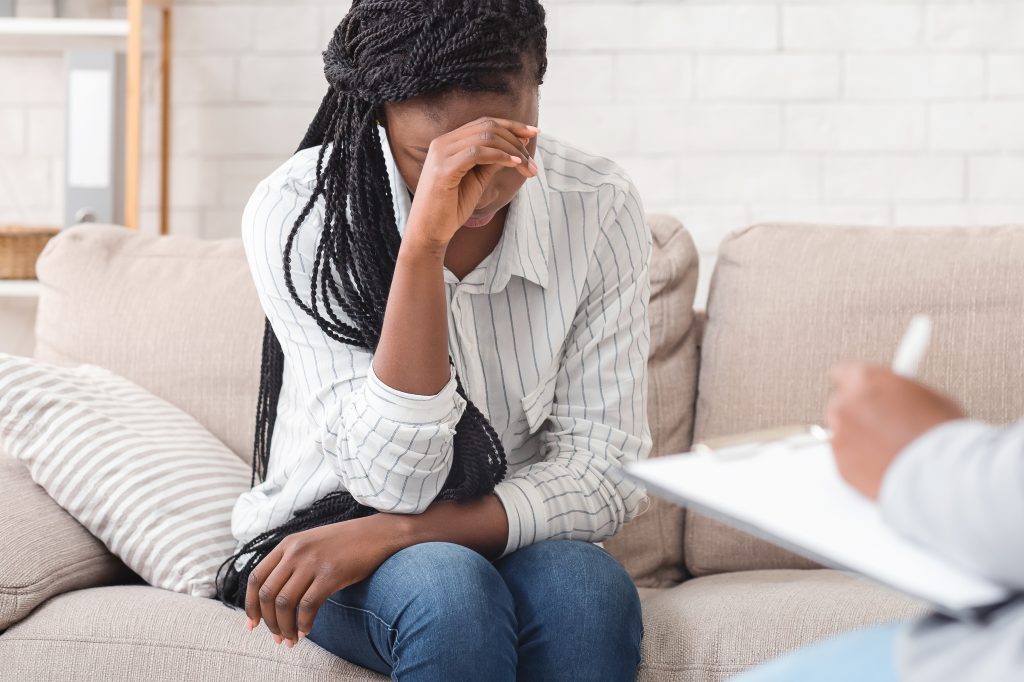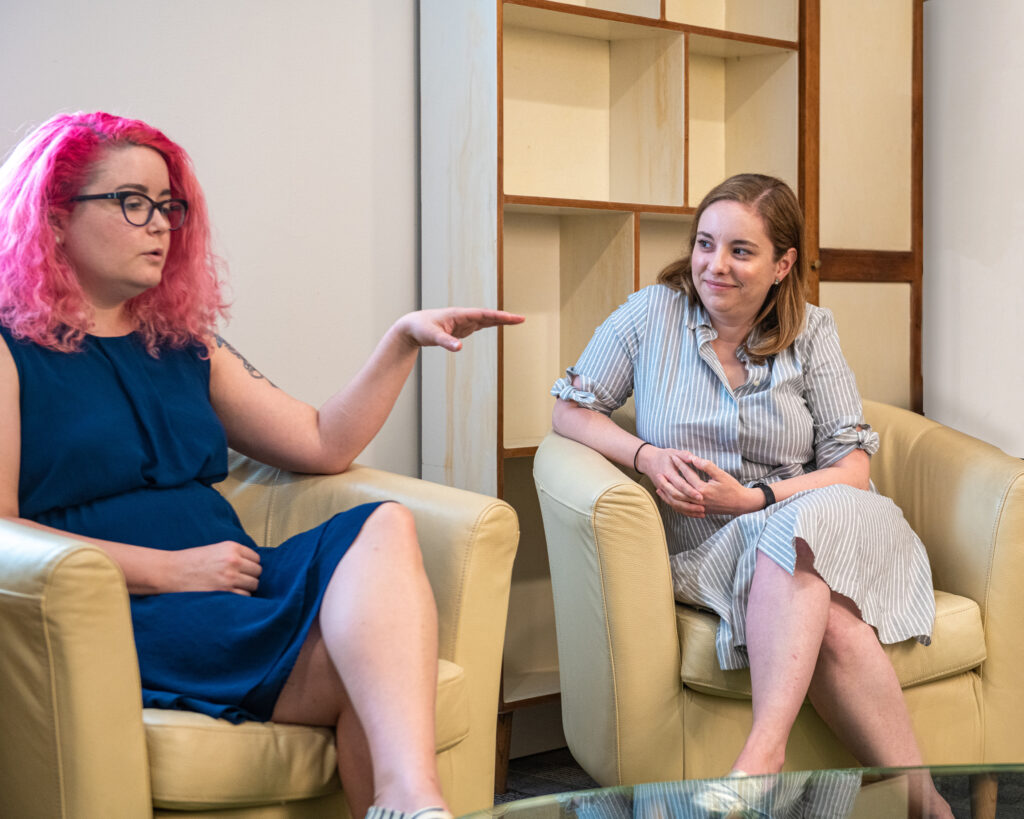Respectful, supportive recovery treatment
We offer a unique, individualized approach to recovery that is respectful and hopeful. We believe in you and your ability to succeed.
Addiction can be alienating, exhausting and demoralizing, even as it seems to made sense from the inside, as the best or only option. What starts as simple fun, or an attempt to feel better, becomes a compelling cycle that perpetuates symptoms and drives it’s own use. Our team of experts is here to help you through every step of the process. We’ll provide you with all the information and support you need to get back on your feet.
We’ll help you plan a healthy direction, support any detoxes, manage the underlying symptoms of anxiety, insomnia or distress and stabilise your support system.
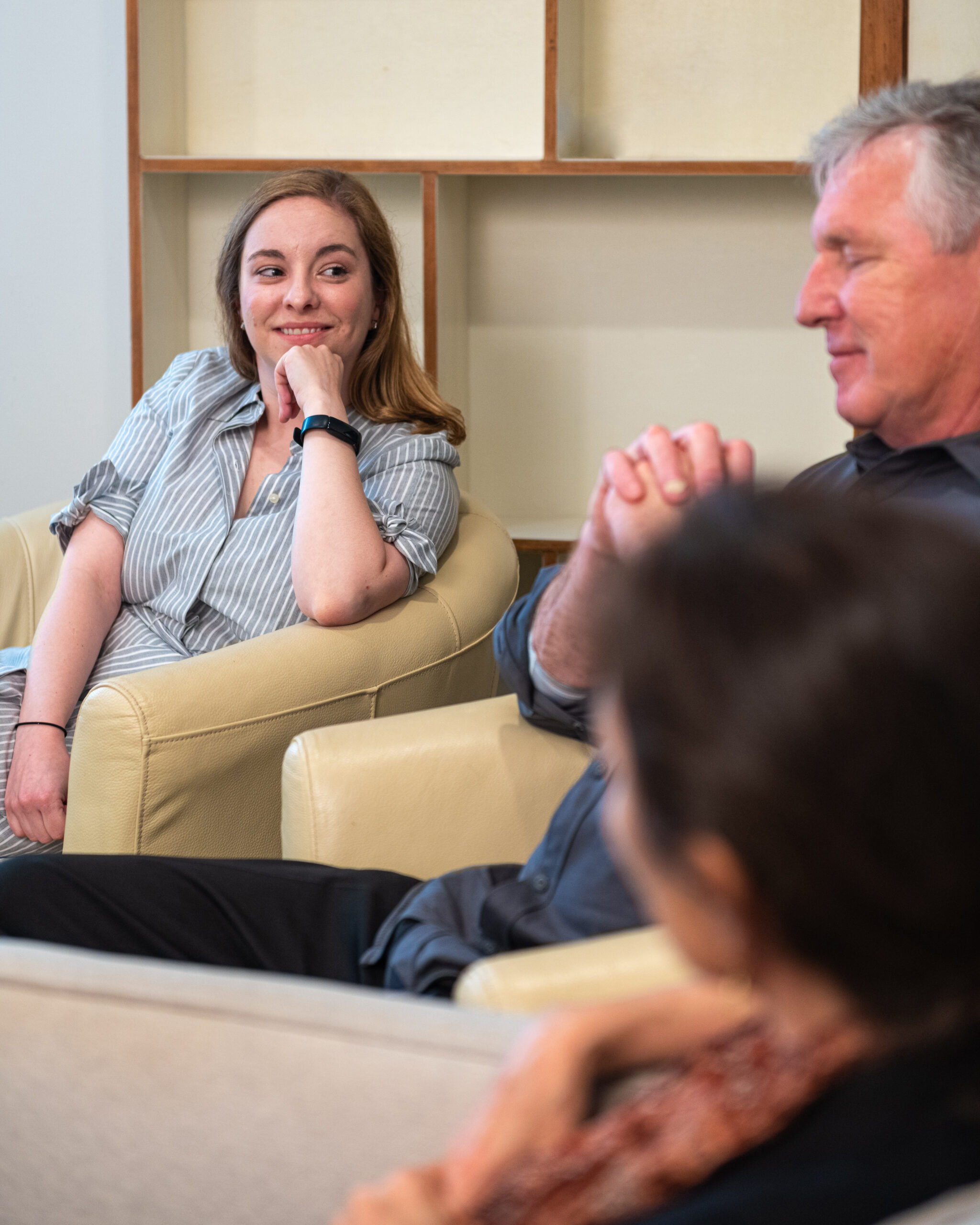
Addictions treatment that's respectful and flexible
Everyone’s journey into problematic use is different. Everyone’s journey out is unique.
What starts as simple fun, or an attempt to feel better can become a compelling cycle that drives itself. It can feel so alienating and exhausting for all and the same old advice can miss the point entirely. Our team of experts will help you every step of the way, whether you want to control your use, stop completely or help someone else.
We’ll work on your plan, stabilize, detox, manage the underlying emotional drivers of the use, and coach your support system.
Healing the suffering & aloneness beneath the compulsion
Addiction causes so much pain and stress, estrangement and aloneness. Yet it emerges as an attempt to cope with this pain too. So many people with addictions suffered trauma in their childhood – neglect, abuse, aloneness. The use helped at one time. It soothed the pain, dulled the memories, restored sleep, permitted intimacy – until it stopped working, or piled on other stressors. Later in life, stress cues trigger the same escape mechanisms, resulting in repeated relapses. That’s one reason why it can be easy to be sober in residential but so easy to relapse on reintroduction to the day-to-day world.
To change deeply, people need to unwrap the emotions and thoughts that lie deep within automatic behaviors, to face what has been avoided, to discover the stifled or frightened parts of themselves that have something to say, that need to be heard. This is the hard work, the work that will change your life, open paths to connection, meaning and empowerment. That’s where we’ll go with you.
Addiction and stress
Unfortunately, addiction changes the way our body perceives and manages stress via our stress hormone circuits. It changes the very way we feel about the dangers in the world and how we decide how to manage them. While never the intention, we end up more anxious, more miserable, more reactive and more trapped.
Types of addiction our team treats
Addictions take many forms and may look different for different people. Addictions to substances add a biological component to the psychological impact, so different approaches need to be implemented depending on the nature of the addiction. Among the types of addictions we treat at Psych Garden, these are some of the most common:
-
Opiate addiction, kratom, fentanyl and others
-
Alcohol addiction
-
Tobacco addiction and smoking
-
Marijuana addiction (yes, it does happen)
-
Prescription medication addiction, including benzodiazepines
-
Gambling
-
Sexual behaviors
Using the scientific evidence to guide us
Good treatment isn’t mysterious. We know how the brain processes reinforcers, makes judgment, justifies our decisions, and reacts to stress. And we know what makes people turn to compulsive use, devalue connections and toss and turn through the night. Research has established better ways to diagnose, form a successful therapy alliance, motivate, and treat. Yet addictions treatment has been stuck in the dark ages of 12-step adherence, abstinence orientation, residential care models, and hunch. It’s not good enough. You deserve better.
Engaging the family effectively
When no one else could, you gained Mike’s trust and respect. When no one else would, you invited me – as Mike’s mother – to be a part of the wellness process. You honored each of us and recognized the separate struggles we were each experiencing; in doing so, you gave each of us hope and the strength necessary to address our challenges.
– Client from Boston for Family Therapy
In many cases, family work turns out to be the missing piece of addictions treatment. This critical aspect of recovery needs to be done right. Relationships can drive an addictive escape or be the motivator for positive change. Sometimes, people have a hard time making changes or even sustaining improvements. This is because it’s not just about them. Families can be burned out by conflict, psychiatric symptoms, and addictions. Their sense of connection with others may feel frayed and lost, characterised by cycles of beseeching, withdrawal and rage. Shifting to adaptive cycles can be hard. However, when families get the training and support they need, they can slow down, set healthy limits with love, empathize and encourage. Then, true healing and connection is possible.

Using medications to assist recovery: buprenorphine, naltrexone & more
Medications can address withdrawal and cravings, and block effects, like buprenorphine pr naltrexone (available in either tablet or monthly injection form). They can also help symptomatically (sleep, anxiety, attention) or target underlying drivers of use, like depression, mania, obsessions or insomnia.
We are expert psychopharmacologists, deeply trained and respected, and can talk with you about your wants and fears. We know medications can be daunting and many want to be ‘clean’. Others want to stay away from the myriad of side effects. We respect that, and merely offer a menu of options that might help you. We will discuss the risks, and often help get rid of medications that are useless or harmful.
We offer:
- Home detox from opiates, alcohol, and benzodiazepines without an expensive and distressing hospitalization
- Specialist pharmacological treatment of addiction
- Naltrexone /Vivitrol – The Facts About Naltrexone
- Suboxone and other buprenorphine treatments – Vivitrol vs Suboxone
- Drug testing and monitoring
- Harm reduction and moderation management approaches, like the “Sinclair Method”
Ketamine & psychedelic treatments in addictions
Believe it or not, these medications can substantially improve outcomes in alcoholism, cocaine use, and probably other addictive disorders. Most studied are ketamine, MDMA, psilocybin and ibogaine, though we can only offer ketamine at this time, until the DEA changes the schedule for these medications. We firmly believe that these medications work best within a therapy that maximizes the opportunities for new learning.
